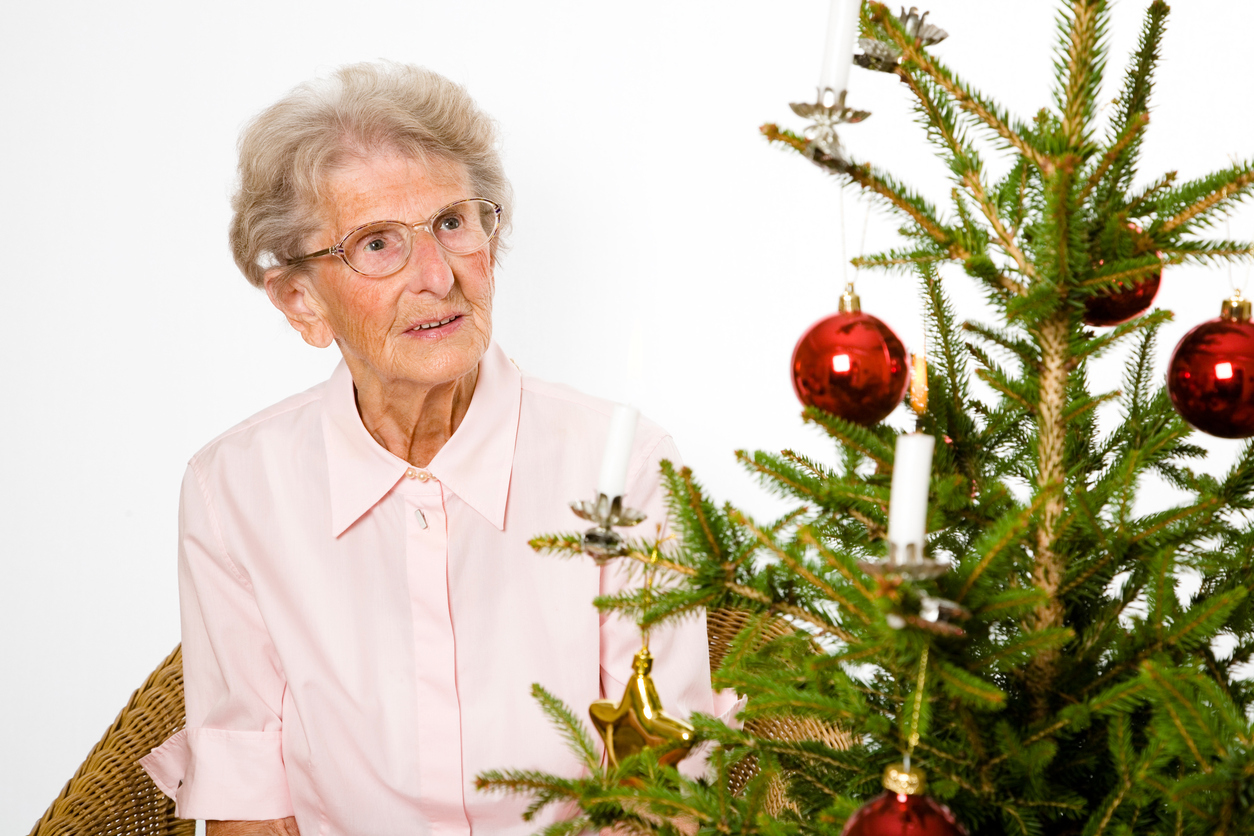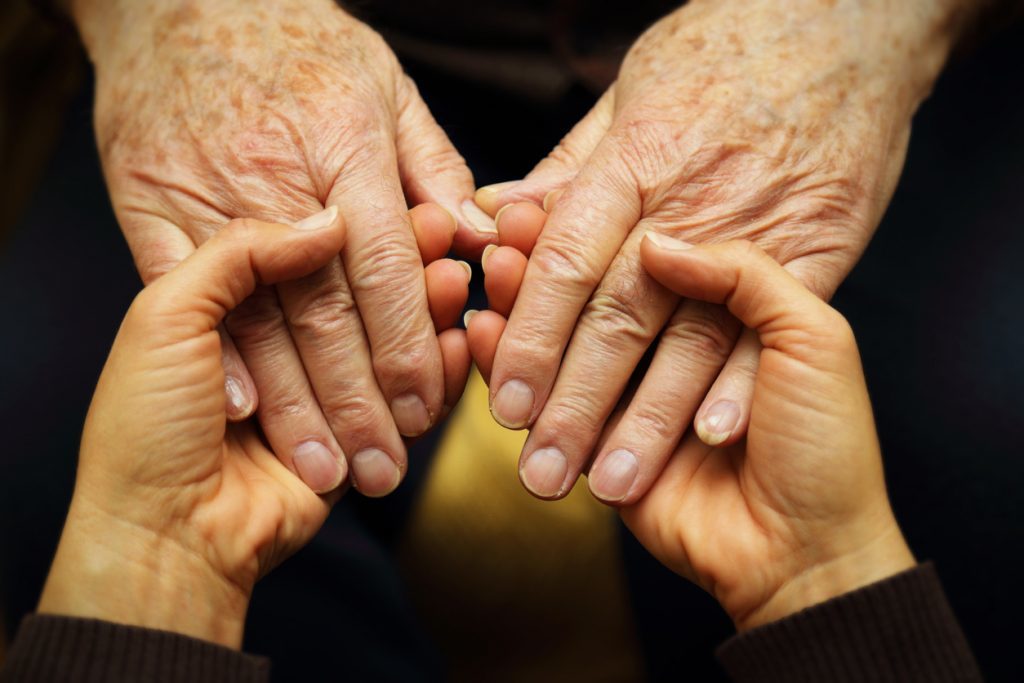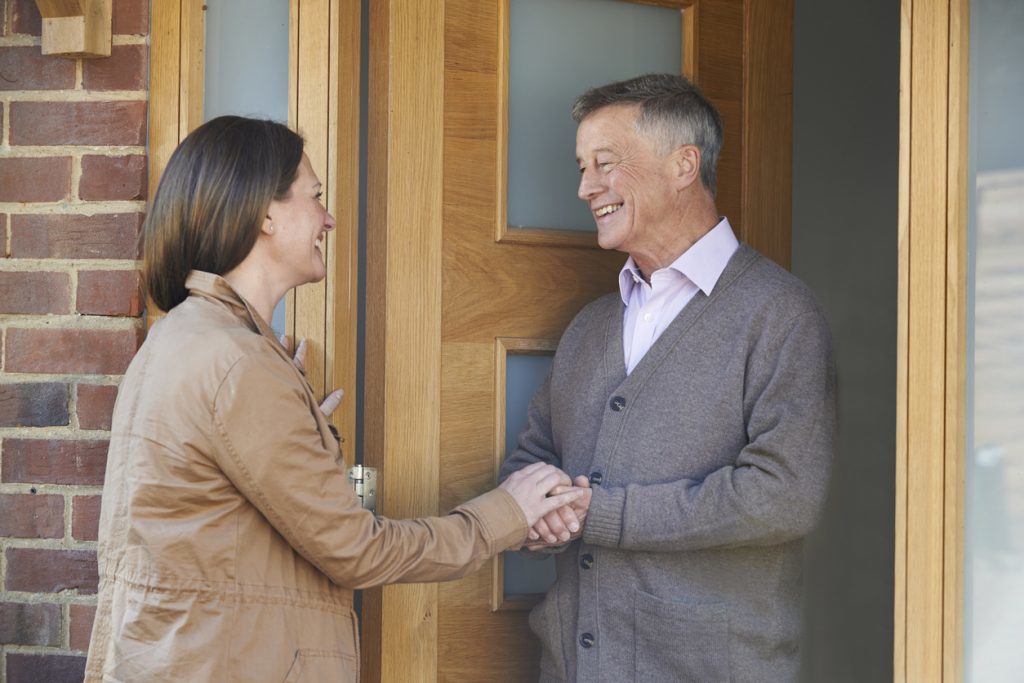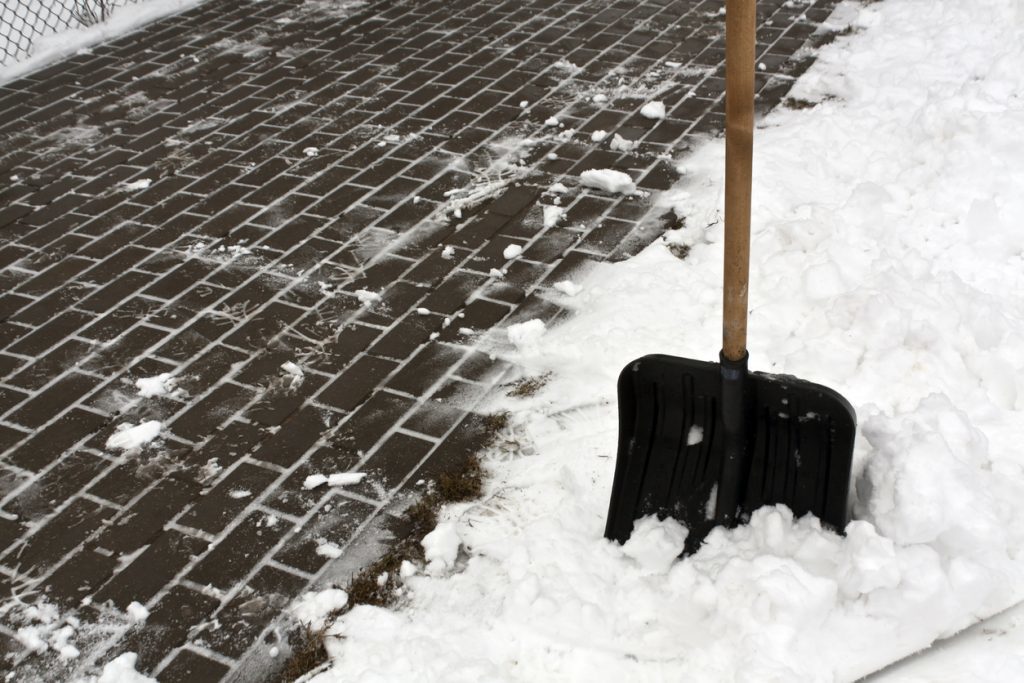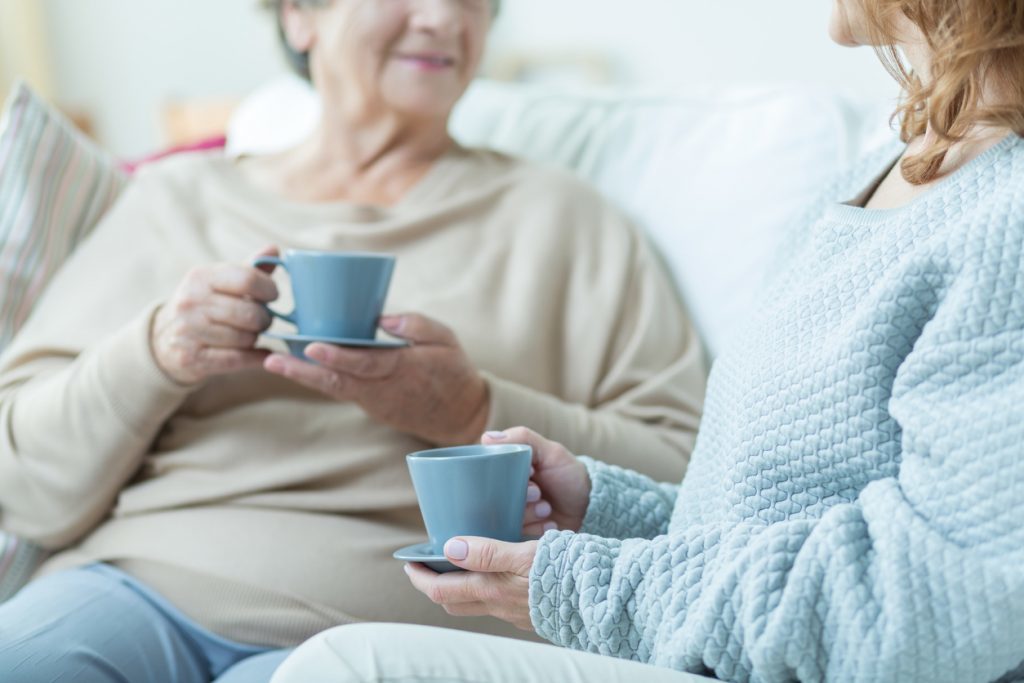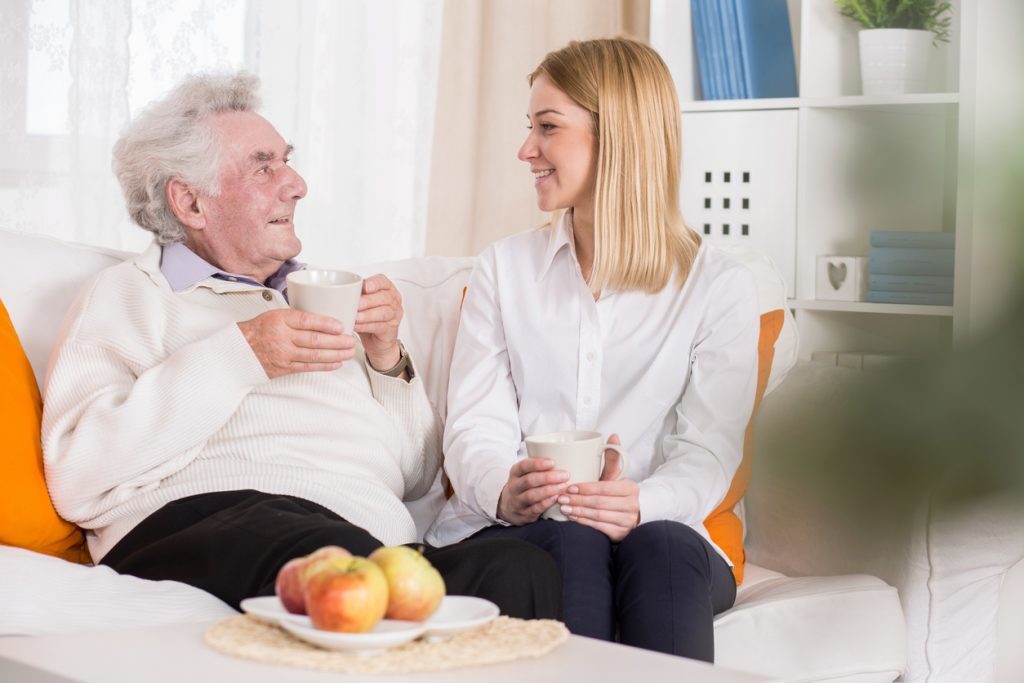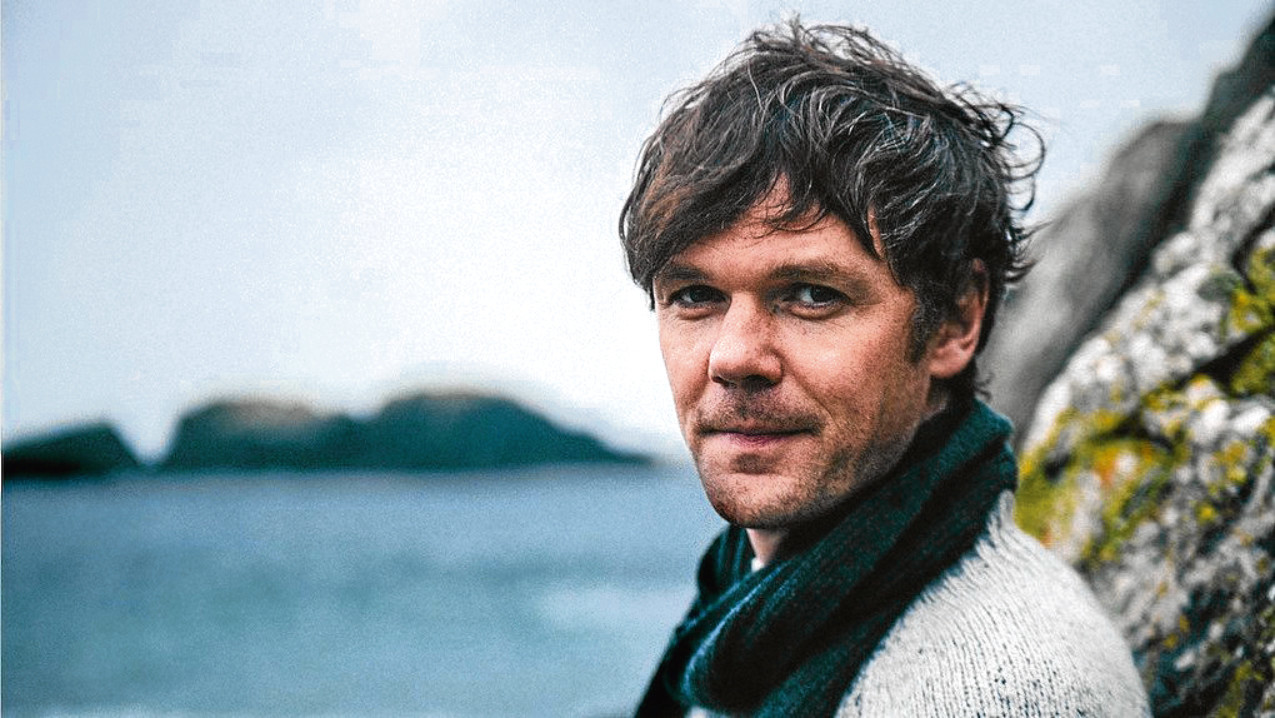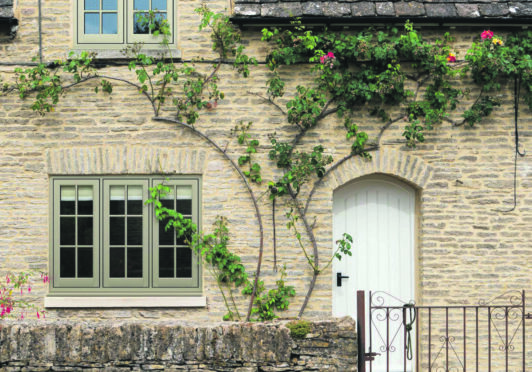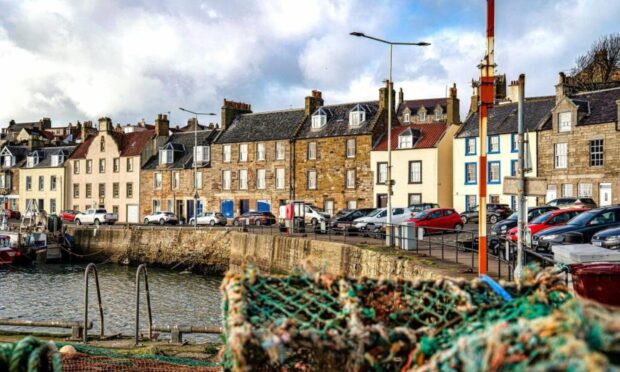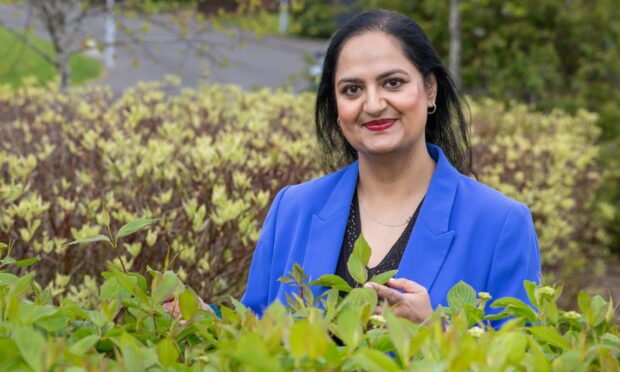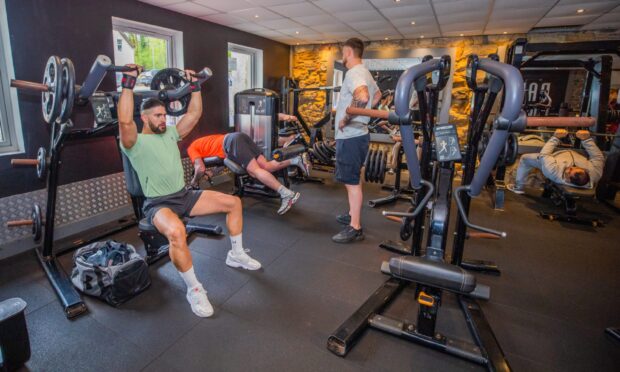Most of us can remember a time when we felt a bit down and someone was there to help us – a family member, a friend, a neighbour. It’s amazing the difference that a kind word or a comforting hug can make when we’re feeling sad and alone.
It makes all the difference. And as we spend quality time with family and friends over the festive season, it’s easy to forget that for many elderly people, this is the loneliest time of the year.
Figures reveal that 1.2 million older people in the UK are chronically lonely while around 50,000 older people in Scotland will have spent Christmas on their own, waiting for the phone to ring, or a friendly ring at the door.
That’s why Age Scotland have launched their No One Should Have No One campaign: they believe no one should have no one, not at Christmas, not ever…
“Helping older people who feel alone has always been a key focus of Age Scotland,” says the charity’s senior communications officer Will Searle.
“However, a couple of years ago, we realised this growing problem needed a stronger focus to bring it to national attention. Since then, we have run a campaign each Christmas to encourage people to think about people who are isolated and alone over the festive season,” he continues.
Loneliness is a problem all year round but nearly 65,000 older people in Scotland say they feel lonelier at Christmas. Cold weather in winter months can prevent some older people from getting out to socialise and the emphasis society places on spending time with family and friends at this time of year can intensify the feeling of having no one.
More than a million older people say they go for over a month without speaking to a friend, neighbour or family member. Contrary to what many people think, loneliness is not a normal part of ageing, and it not only makes life miserable, it can have a serious impact on your physical and mental health too.
What’s more, our rapidly ageing population means there will be increasing numbers of lonely older people and, because loneliness undermines resilience, this also means more pressure on NHS and social care services.
Age Scotland works all year round to tackle this problem, with more than 1000 member groups who help to engage older people and connect them with their community.
“We promote the campaign at the festive season especially as it’s the time of year when loneliness hurts the most,” explains Will.
“The response to the campaign has been overwhelming and has helped to highlight the issue nationwide. It has also helped to raise valuable donations which are used to help isolated older people all year round.
“What we stress every year with the campaign is that it’s simple interactions that can have a big difference on people’s lives. So whether that’s popping in for a cup of tea, giving your relative a ring or making contact to share a newspaper, it will have big impact on someone’s life.
So how can we all help avoid any elderly person being on their own and suffering from loneliness and isolation, now and at any time of the year?
“Many people seem to think that loneliness is a problem that happens elsewhere, when the reality is that there are lonely and isolated people in every neighbourhood,” says Will.
“So pop round with a newspaper to your neighbour you’ve not spoken to in a while, ask them if they need a hand with chores, or practise your baking skills and invite them over for a cuppa.
“Or why not call in on an older neighbour to see if they need a hand with their shopping or clearing their path of ice. You could ask a local older people’s group if they need help. You could sign up to volunteer with Age Scotland to help our work to alleviate loneliness. You could pass on the helpline details to someone who may be worried about something.
“When a quarter of a million older people say they only get visitors once a month, that quick visit from you really does make a huge difference,” Will stresses.
Age Scotland has a Community Connecting service that helps to link people with groups that support older people in each local area. These groups will always be welcoming of volunteers, befrienders and supporters, so for more information of what’s going on in your area, call the Age Scotland helpline free on 0800 12 44 222.
www.ageuk.org.uk
